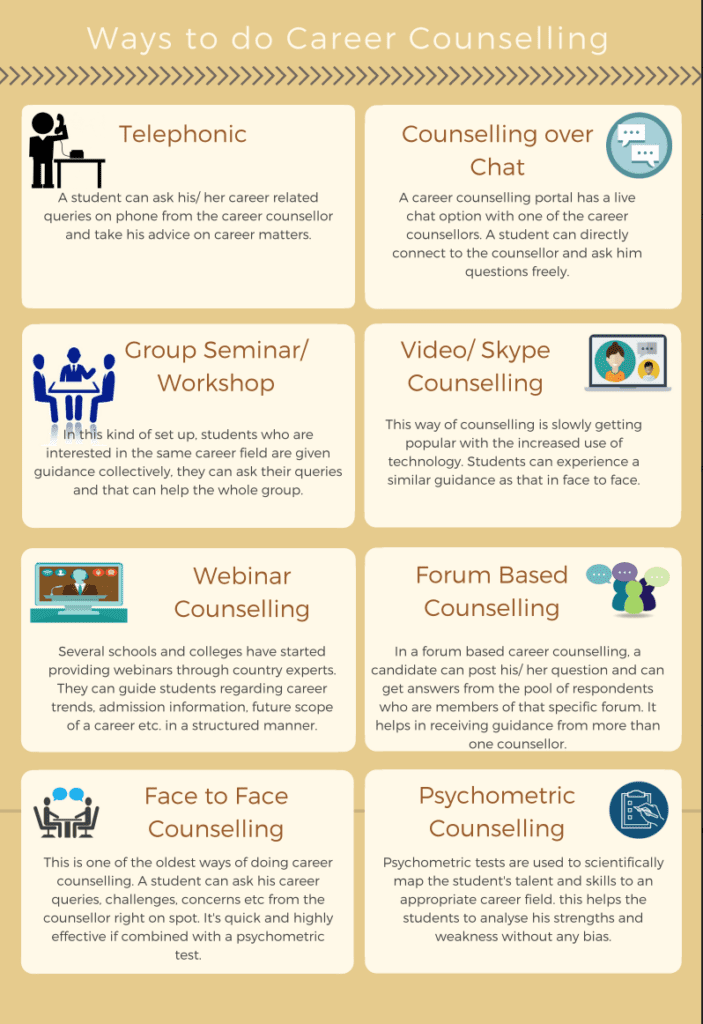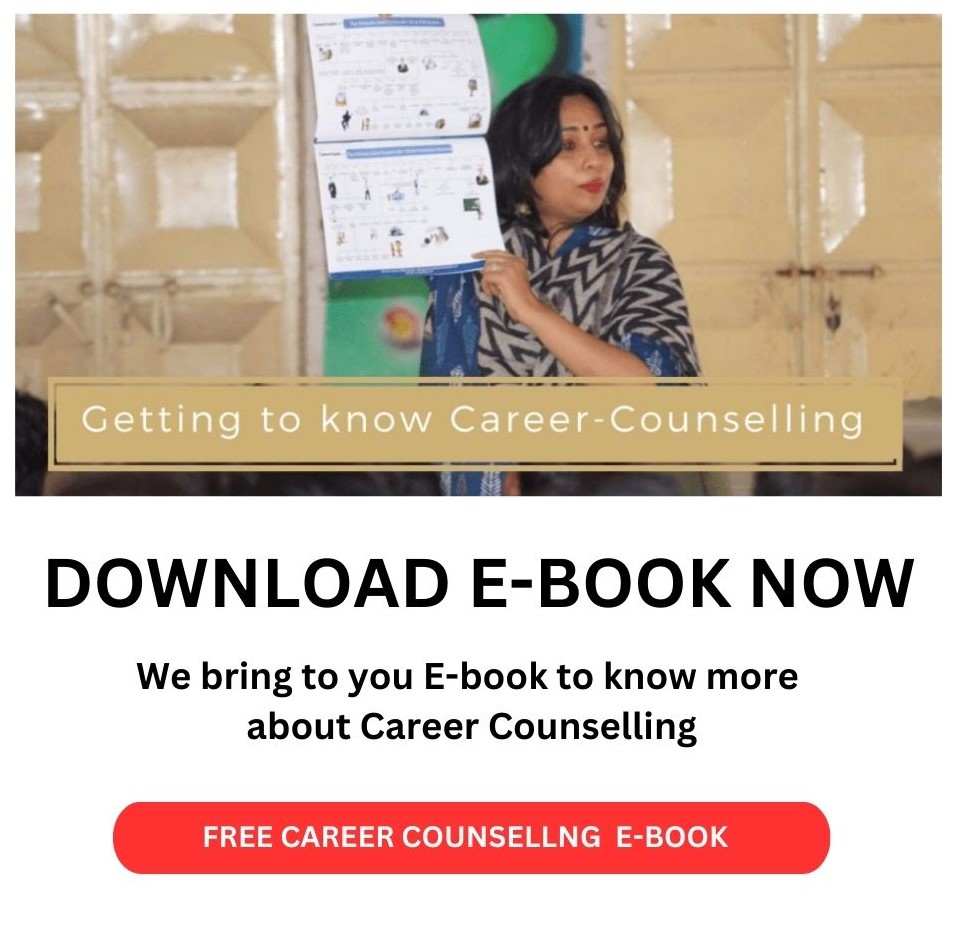Career counsellor play a critical role in moulding their clients’ education, careers, mental health, and overall well-being. Professional therapy is a collaborative connection between the therapist and the client that allows the client to achieve his or her goals. Person counselling, which focuses on the mental health and progress of the individual, group counselling, which focuses on group interaction, and marriage counselling, which focuses on overcoming issues between couples and developing a stronger partnership, are all examples of counselling. To understand the client, a career counsellor must be sincere. The art of listening can be used for career counselling skills.
FOCUSING
Focusing is a process developed by psychologist Eugene Gendlin that involves paying attention to bodily sensations in order to gain insight into emotions, thoughts, and experiences. The process involves tuning into bodily sensations, observing them without judgment, and allowing them to guide one’s awareness to deeper levels of understanding and insight. People can use focusing for a variety of purposes, such as exploring emotions, resolving inner conflicts, and gaining clarity about a particular situation or decision. While it is often utilized in therapy, individuals can also practice it on their own.
POSITIONING QUESTIONS
It is another important career counselling skill. This is a fundamental skill that every career counsellors should have. He must comprehend the precise situation, which necessitates clarification and questioning. He cannot arrive at a resolution unless and until the counsellor is fully knowledgeable and clear about the issues. There are two types of questions that can be asked: closed and open. Closed questions can be answered with a simple yes or no, whereas open questions encourage more in-depth discussion and problem-solving. Always be genuine. It’s fine to ask questions until you have a full understanding of the issue. It’s fine to inquire about further details if necessary.
OBSERVING AND PAYING ATTENTION
Observing and paying attention are essential skills for learning, problem-solving, and personal growth.It involves using our senses to gather information about the world around us, while paying attention involves focusing our mental resources on specific stimuli or tasks. Practice is required to improve both skills over time.
Paying attention involves focusing our mental resources on a specific task or stimuli. This requires filtering out distractions and staying engaged with the task at hand. Effective attentional control can lead to better problem-solving and decision-making, as well as increased productivity and performance.
SILENCE
Silence is the absence of sound or noise. It can be a powerful tool for communication, meditation, and self-reflection. Silence, in a world often filled with noise and distractions, offers a respite from the chaos and provides an opportunity to connect with oneself and the world in a deeper way.
REFLECTING
Reflecting is the act of thinking deeply and critically about our experiences, thoughts, and actions. It involves taking a step back from our daily routine and examining our lives from a broader perspective. Reflection is a valuable tool for personal growth and development, as it can help us gain insight into ourselves, our relationships, and our place in the world.
CONSTRUCTION OF A RAPPORT
INSTANTANEOUSNESS
FAQs About Career Counselling Skills
Q. What are the key skills required for a career counselor?
A. Some of the key skills required for a career counselor include active listening, effective communication, problem-solving, critical thinking, empathy, and the ability to build rapport with clients.
Q. How does career counseling differ from career coaching?
A. Career counseling typically focuses on helping individuals assess their interests, skills, and values to make informed decisions about their career paths. Career coaching, on the other hand, tends to focus on developing skills and strategies to advance in a current career or transition to a new one.
Q. What are some of the common career assessment tools used in career counseling?
A. Some of the common career assessment tools used in career counseling include aptitude tests, personality assessments, interest inventories, and values assessments.















